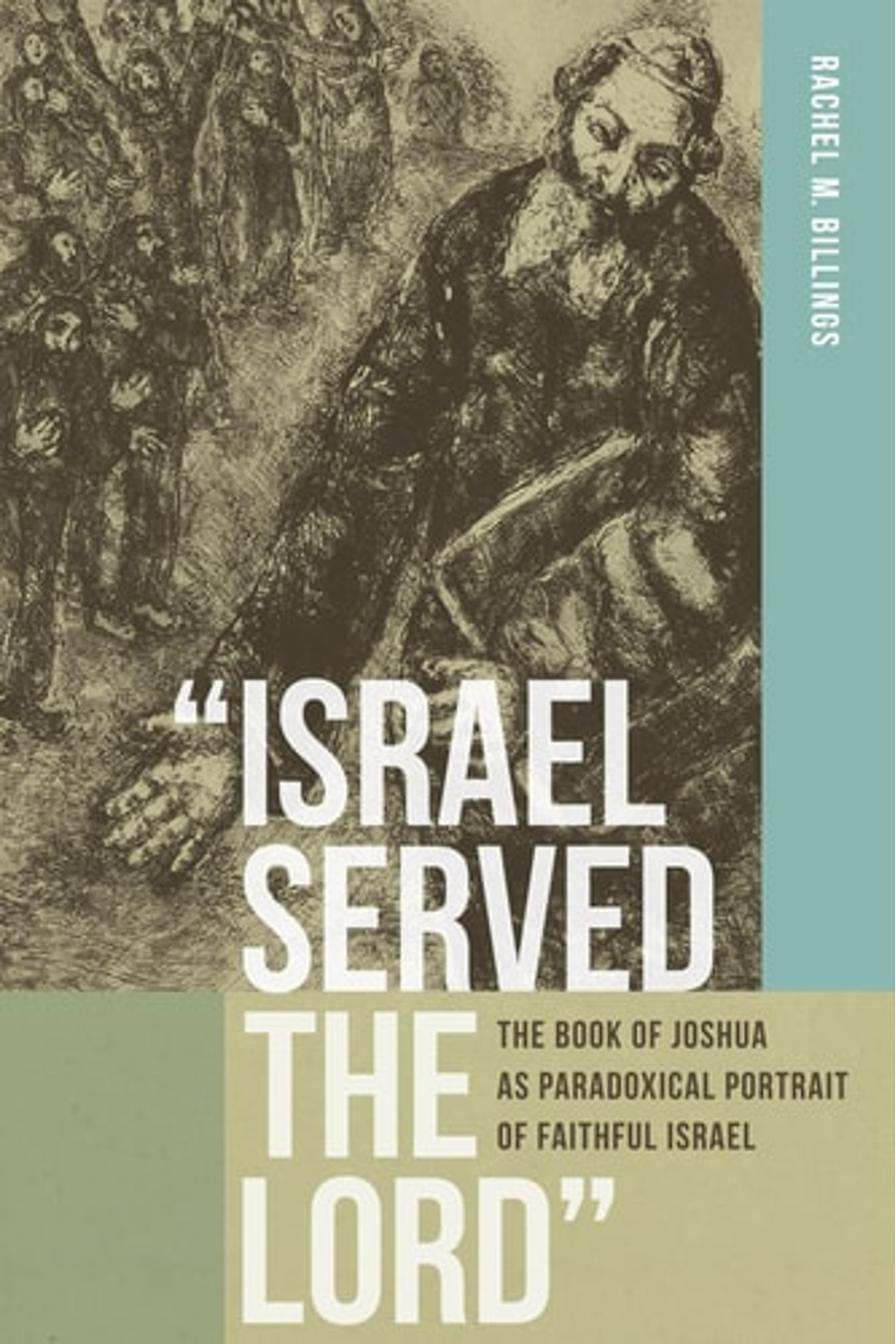Explore the complexities of faith and obedience in Rachel M. Billings’ “Israel Served the Lord: The Book of Joshua as Paradoxical Portrait of Faithful Israel.” Part of the “Reading the Scriptures” series, this insightful analysis delves into the Book of Joshua, offering a fresh perspective beyond traditional historical and archaeological interpretations. Billings examines key narratives Rahab, Achan, the Gibeonites to reveal a dynamic portrayal of Israel’s evolving relationship with God. This First Edition paperback edition challenges readers to consider obedience not as a static ideal, but as a continuous response to God’s ever-unfolding work. Discover a nuanced understanding of Joshua’s message and its relevance for modern faith. Perfect for students, scholars, and anyone seeking a deeper engagement with biblical texts. ISBN: 9780268022334.
Israel Served the Lord: The Book of Joshua as Paradoxical Portrait of Faithful Israel (Reading the Scriptures)
16,50 $
In stock
Two themes have dominated scholarly interpretation of the book of Joshua within the past century: the literary “discovery” of the Deuteronomistic History and the archaeological detection of evidence related to Israel’s occupation of Canaan. In this newest volume in the series Reading the Scriptures, Rachel M. Billings addresses the fragmentation often brought about by these developments and offers a more holistic reading of Joshua, which joins theological sophistication with an emphasis on its meaning and purpose as a literary work.
Through a hermeneutical and literary lens, Billings analyzes the story of Rahab and Achan, the stories of the Gibeonites and the Transjordanian altar, and the theme of the completeness of Israel’s taking of the land of Canaan. She argues that the way in which the book of Joshua presents these materials reminds Israel of the dynamic nature of its identity as YHWH’s peoplean identity that demands a continued response of obedience parallel to YHWH’s ever-unfolding work on Israel’s behalf. The book of Joshua portrays Israel’s obedience as not merely an unattainable ideal or a thing of the past, but a living reality that unfolds when YHWH’s people acknowledge His claim upon them and strive to serve Him.
| Authors | |
|---|---|
| Binding | |
| Condition | |
| ISBN-10 | 026802233X |
| ISBN-13 | 9780268022334 |
| Language | |
| Pages | 188 |
| Publisher | |
| Year published | |
| Weight | 262 |
| Edition | First Edition |
| Dewey decimal | 222/.206 |
- Additional information
- Currencies
- USD – United States dollar
- EUR – Euro
- GBP – Pound sterling
- CNY – Chinese yuan
- BRL – Brazilian real
- MXN – Mexican peso
- JPY – Japanese yen
- PHP – Philippine peso
- THB – Thai baht
- PLN – Polish złoty
- CAD – Canadian dollar
- MYR – Malaysian ringgit
- AUD – Australian dollar
- TWD – New Taiwan dollar
- CZK – Czech koruna
- SEK – Swedish krona
- HUF – Hungarian forint
- ILS – Israeli new shekel
- CHF – Swiss franc
- HKD – Hong Kong dollar
- DKK – Danish krone
- SGD – Singapore dollar
- NOK – Norwegian krone
- NZD – New Zealand dollar





